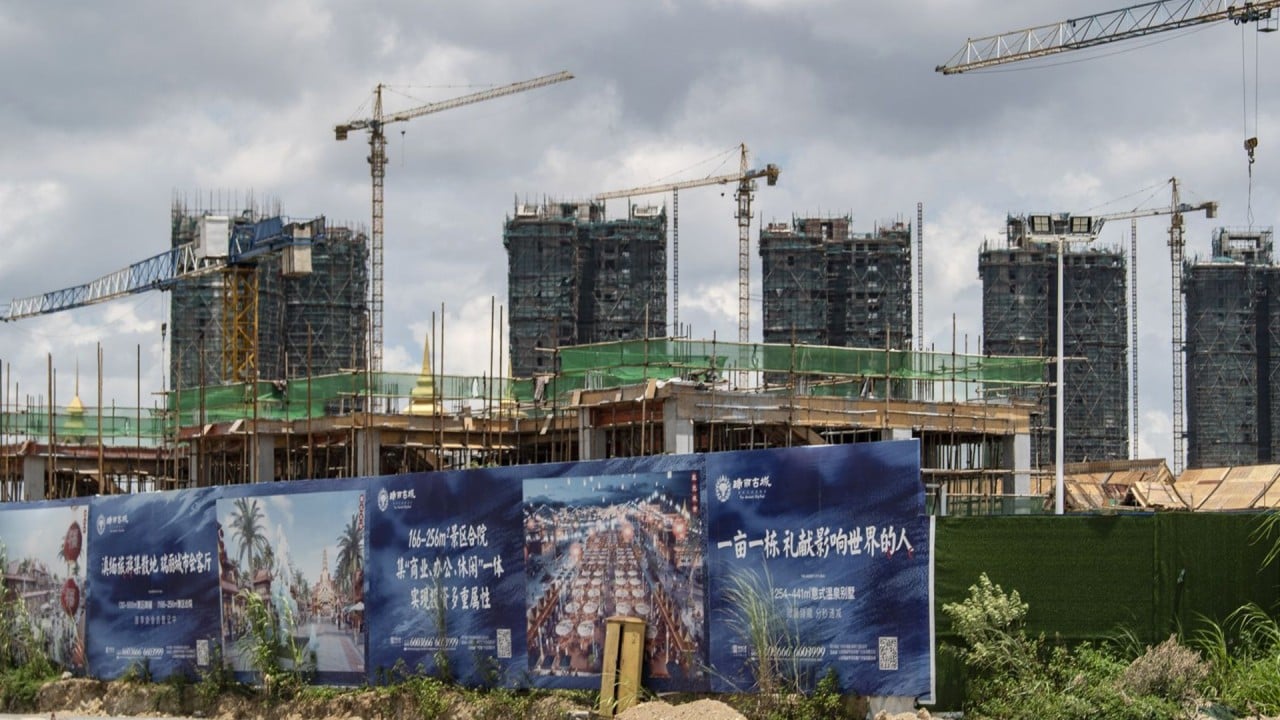
China property: government likely to keep market support coming as April home sales tank, say analysts
- CRIC expects 25 key listed developers to see April’s sales fall by an average of 17 per cent from the previous month
- ‘Given that property is a key pillar of the economy, we believe there are more supportive measures to come in the rest of the year,’ says analyst
CRIC expects 25 key listed developers to see April’s sales fall by an average of 17 per cent from the previous month. Guangzhou R&F Properties looks set to suffer a 46 per cent plunge in sales to 2.11 billion yuan, the largest drop among the homebuilders, according to data compiled by CGS-CIMB Securities.
Cheng attributed this to weak homebuyers’ confidence as a result of a stuttering economy and increasing jobless rate in China, as well as a high base in March. On an annual basis the increase is 35 per cent, which is misleading because of “a very low base” in April 2022 when the market was hobbled by stringent Covid-19 policies.
Notably, China’s central bank cut the interest rate for housing provident fund loans on October 1 last year, and it now stands at 2.6 per cent. In comparison, the average mortgage from commercial banks was about 4 per cent in April, according to the Beike Research Institute.
On April 30, China’s financial hub, Shanghai, declared buyers with more than one child can apply for an extra 20 per cent loan from their housing provident fund. Since it is a much cheaper loan than a commercial mortgage, the policy makes it possible for multi-child family homebuyers to get a bigger loan.
Previously, the amount a family buyer could borrow from a housing provident fund loan was capped at 1.2 million yuan (US$173,608). The maximum is now 1.44 million yuan.
Another tier-one city, Guangzhou, in the southern province of Guangdong, rolled out similar measures allowing first-time buyers with two or more children to get a 30 per cent higher loan from their housing provident fund.
Meanwhile, the financial performances of some major developers continue to raise eyebrows.
China Vanke reported “disappointing” first-quarter results with a 41 per cent year-on-year core net profit decline, Jefferies said in a report on April 29. It said it found the company’s “inactive new landbanking uninspiring, which may lead to continued sales underperformance.”



